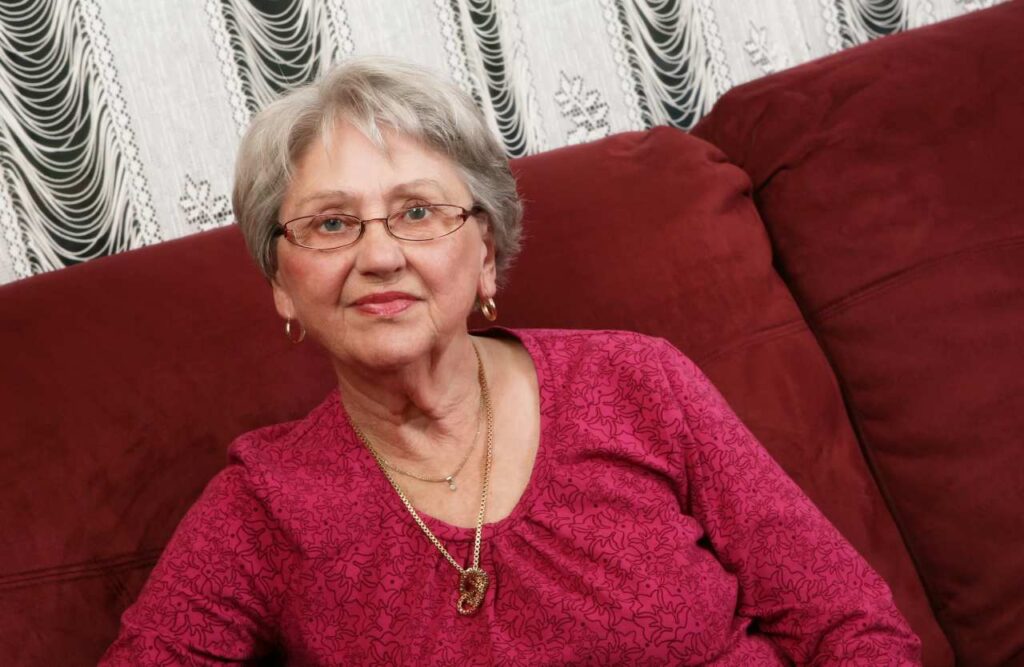
New reports reveal that many seniors across the U.S. are struggling to make ends meet, with individuals like a retiree from Texas stating, “I’m a senior who barely survives on $1,300 a month. No way could I live on $1,000.” This urgent situation underscores the rising financial pressures faced by the elderly population, prompting calls for immediate action.
Just announced findings from the Consumer Financial Protection Bureau highlight that seniors are increasingly targeted by scams, often being pressured into purchasing unnecessary products and services. These deceptive practices exacerbate the already challenging financial landscape for older adults, who are often on fixed incomes.
The implications of this crisis are significant. With living costs escalating and many seniors unable to afford basic necessities, there is a growing concern for their well-being. The urgent need for advocacy and support has never been clearer, as many report feeling overwhelmed by financial obligations.
Officials stress that it’s crucial for seniors to remain vigilant against scams. “We seniors are pressured and scammed into buying a lot of things we don’t need,” shared the Texas retiree, reflecting a sentiment echoed by many in similar situations.
As of October 2023, the financial landscape for seniors is dire, with inflation and rising costs impacting their quality of life. Advocacy groups are working tirelessly to develop resources and support systems aimed at protecting vulnerable populations.
What happens next remains to be seen. Experts urge seniors and caregivers to educate themselves about common scams and seek assistance if they suspect fraudulent activity. Advocacy organizations are mobilizing to push for stronger protections and resources for seniors, which could significantly improve their financial security.
In this evolving situation, it is essential for the community and policymakers to come together to address these urgent needs. The plight of seniors serves as a critical reminder of the importance of safeguarding our most vulnerable populations in times of economic uncertainty.
Stay tuned for more updates as this story develops.







